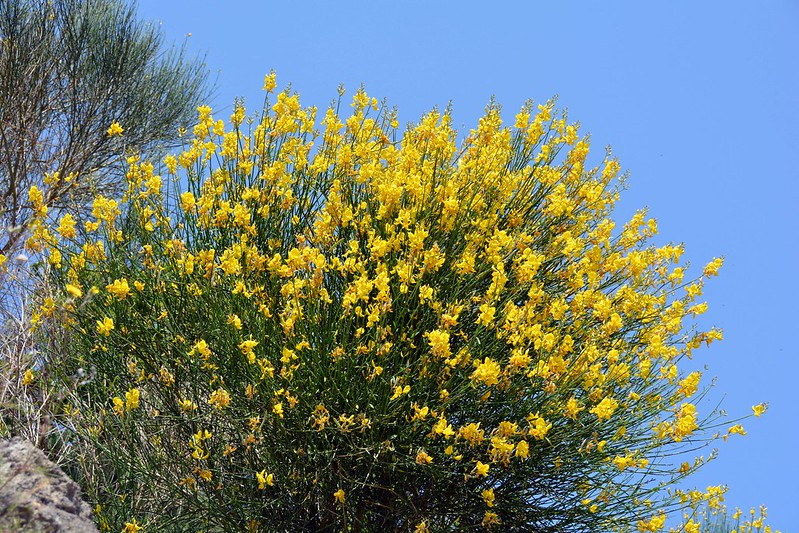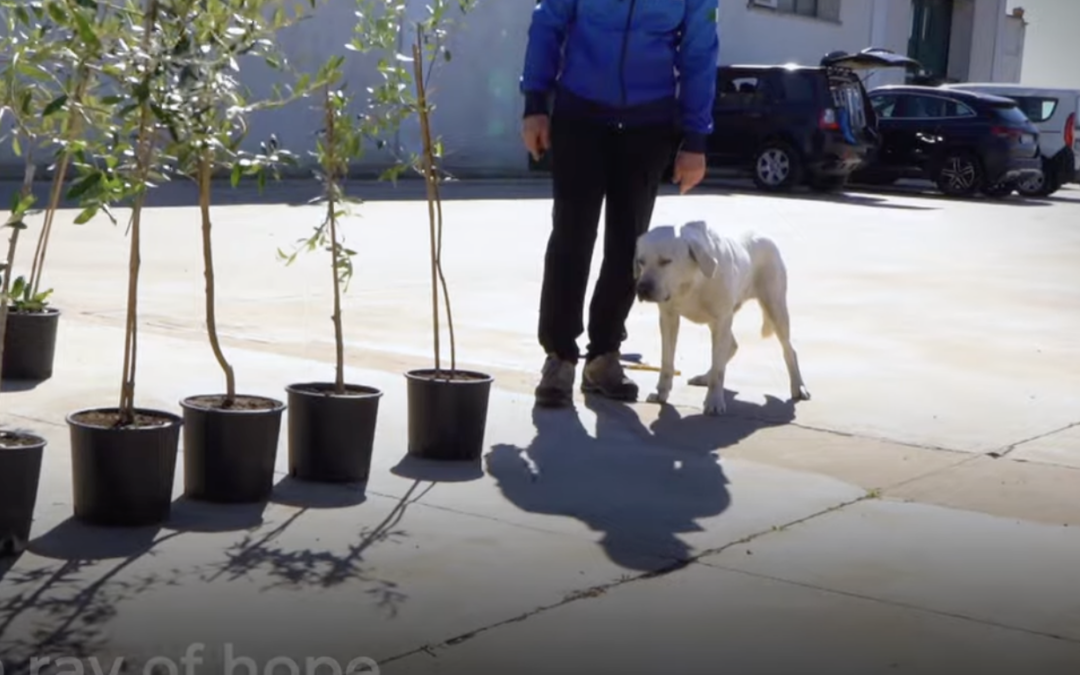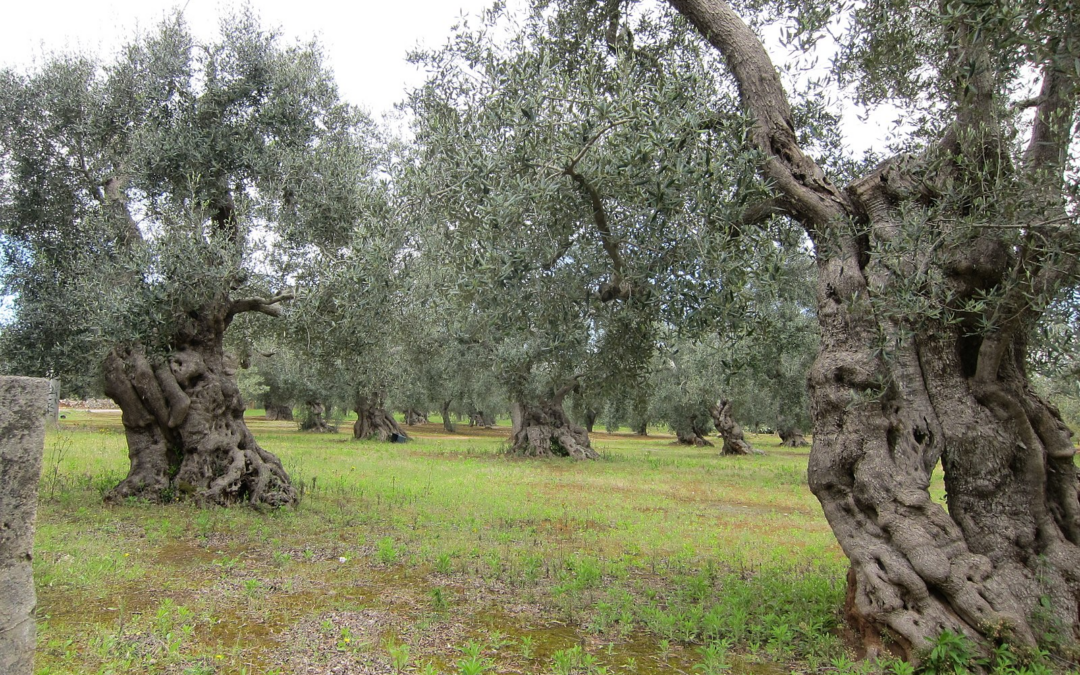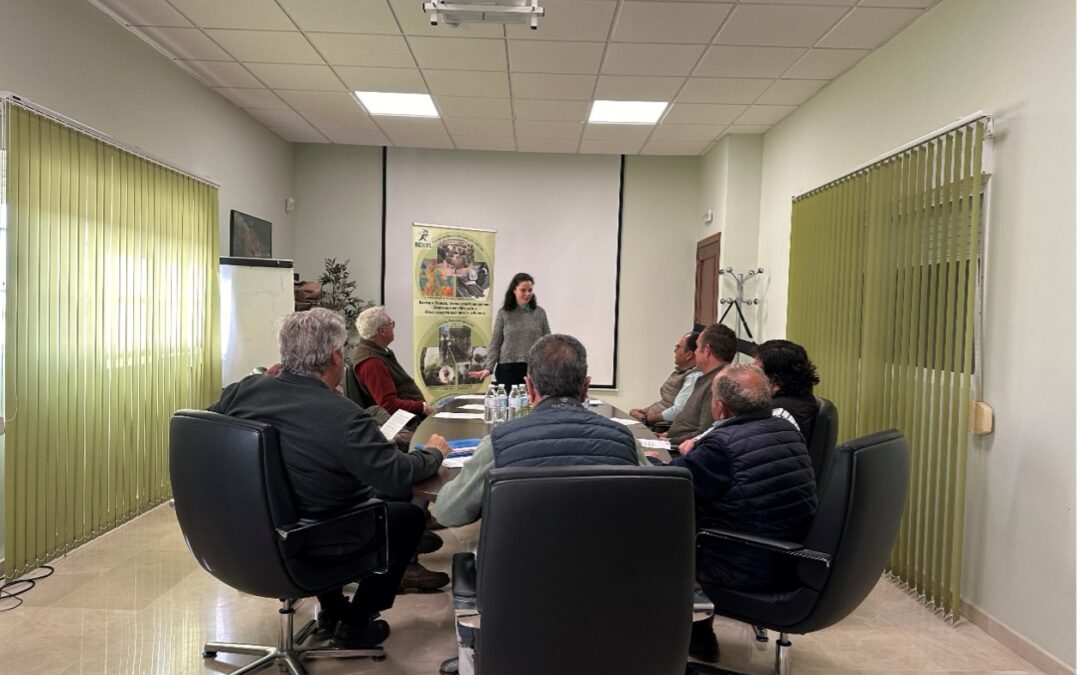Last October, local authorities in the Occitanie Region, France, detected 23 new X. fastidiosa infected areas in the Aude department. The outbreaks were identified and numbered out of more than 1800 samples (more than 4300 plants taken).
Two new plant species were found contaminated for the first time in the region: Cistus albidus and Chenopodium album. On 18 November, the Direction Regional de l’Alimentation, de l’Agriculture et de la Foret reported new detections in the same department.
In 2015 the French authorities notified the Commission of the first outbreak of X. fastidiosa subspecies multiplex in Corsica. Since then, the same subspecies has also been detected in the PACA region (departments: Var and Alpes-Maritimes) and in September 2020 in Occitanie (department: Aude).

New Xf outbreak in Spain, near the border with Portugal
In early July, the Plant Health Service of the Directorate-General for Agriculture and Livestock of the Region of Extremadura in Spain reported the presence of Xylella fastidiosa, subspecies fastidiosa, in a wooded area of Valencia de Alcántara, close...







